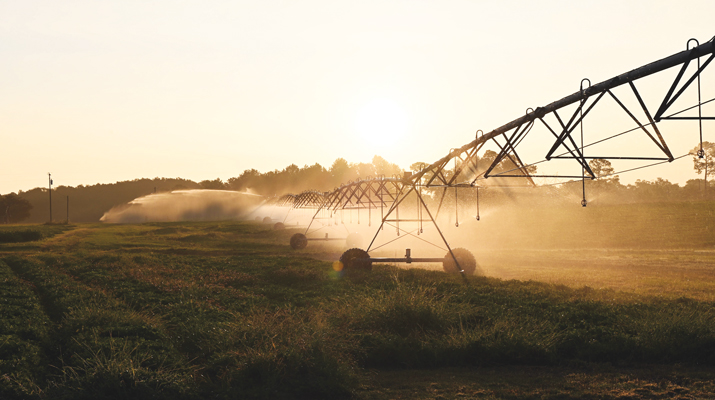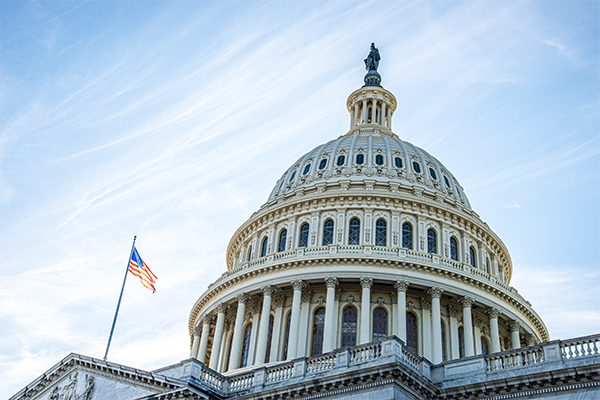Propane’s value proposition versus electricity remains strong
Can propane compete with electricity?
It is one of the most enduring questions in our industry because electricity is our top competitor.
Today, the answer is a confident “yes.” Market conditions are the most favorable for propane in more than 20 years. This positive outlook holds up despite the incoming Biden administration’s climate change plan, which, if implemented, would create an onerous regulatory environment for fossil fuels.
Propane industry leadership at the national, state and local levels must be prepared for the coming uphill fight to prevent market share loss to electricity. However, I believe we should not be overly concerned.
The consumer’s demand for an affordable, reliable and cleaner option plays into propane’s strengths:
1. Energy cost: This will continue to be the consumer’s biggest concern. Presently, residential propane prices relative to electricity are the most favorable since 1995.
With the national average of propane this year at $1.90 per gallon versus electricity’s 13.55 cents per kilowatt-hour for residential use, the homeowner using 500 gallons of propane instead of electricity will save $867 annually. Propane’s price since 2010 has declined 57 cents per gallon, while electricity increased 17 percent. The news gets better for propane. Mont Belvieu future prices are lower than today, while electricity prices are expected to rise.
For example, Virginia’s Dominion Energy forecasts residential electricity prices to increase 3 percent annually for the next 10 years.
2. Reliable supply: Domestic propane supply is abundant and supports energy independence, especially as power grid infrastructure ages.
3. Clean energy: Propane is cleaner than electricity on all emissions measures in every application.
4. Electric appliance efficiency: Most of the electric appliance efficiency improvements, especially the heat pump, of the past 20 years that hurt propane are behind us.
This more favorable market outlook alone will not result in industry gallon growth because we cannot expect the consumer to come to us. We must confidently go to them. Here are five essential actions propane industry leaders and marketers should take:
1. Get employees on board: Start by asking employees the question: “What’s better for the consumer, electricity or propane?” Until the 75,000 employees of our industry become confident advocates of propane’s cost savings, emissions and performance advantages, we have little hope in convincing the consumer to use our product.
2. Customer communications: In your customer newsletters, always include a piece on why propane is better than electricity. This will reaffirm the customer’s decision to use propane.
3. Offer one-stop propane solutions: The one-stop solution includes the sale, installation and service of propane appliances. Propane marketers who offer the one-stop solution understand the consumer’s demand for simplicity and expertise, which are essential in our fight against electricity.
4. Build partnerships: Because relatively few propane marketers offer one-stop solutions, partnerships with energy decision-makers, such as with builders, are critical.
State associations should join forces with trade associations and schools to teach students about propane using the resources from the National Propane Gas Association and the Propane Education & Research Council. Effective training should include pilot installations to demonstrate propane’s benefits and training for technicians on the propane system. Simply providing videos or technical materials will not work.
5. Fight: The climate change movement wants to put us out of business. The facts about clean energy and customer benefits are on our side. We have nothing for which to apologize.
Randy Doyle is a 35-year, semi-retired veteran of the propane industry who consults with Holtzman Propane in Mt. Jackson, Virginia. He is a member of the NPGA board of directors and the PERC council, and is active in the Virginia Propane Gas Association.
Featured photo: Getty Images: fusaromike/iStock / Getty Images Plus
















